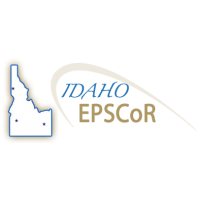Stakeholder Engagement for Disaster Relief and Resilience: A Transdisciplinary Academia-NGO Collaboration
From 2020 to 2021, a group of transdisciplinary graduate students collaborated with Caras con Causa, a Puerto Rican non-governmental organization, via the INFEWS-ER Disaster Relief and Resilience cohort. The students were tasked with helping...

